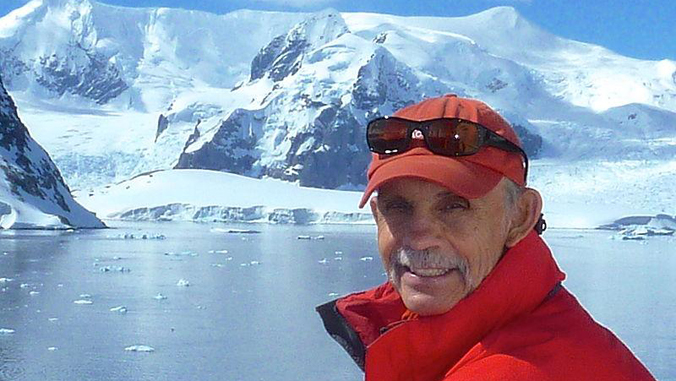
Fred T. Mackenzie, a renowned University of Hawaiʻi at Mānoa ocean and Earth systems scientist and friend to many worldwide, died on January 3, at the age of 89 surrounded by his family after a long battle with several illnesses.
Mackenzie had an illustrious career that spanned decades and took him around the globe. In 1981, he accepted a position at UH Mānoa where he conducted research, taught courses and mentored students in the Department of Oceanography until 2008 when he retired and became a professor emeritus of oceanography. Much has been written about the breadth of his scientific contributions, but he was most proud of founding the Global Environmental Sciences program in the School of Ocean and Earth Science and Technology (SOEST), the first of its kind in the U.S.
Mackenzie was a treasured friend, respected professor, and mentor to hundreds of students, many of whom he remained close to over the years, and now have their own distinguished careers and have recognized and honored his contributions to their lives.
“Fred Mackenzie was an exemplar of the faculty we cherish at UH Mānoa,” said Michael Guidry, chair of the Global Environmental Science program and former Mackenzie student. “His contributions to the campus and society at-large will live on through the students he mentored and the program he founded.”
Mackenzie’s warm and embracing personality was contagious to those he met.
“Fred was a tough but supportive mentor,” said Christopher Sabine, interim vice provost for research and scholarship and former Mackenzie student. “He had a way of encouraging his students to accomplish more than they ever thought they could.”
The study of the entire Earth system and the interactions between the land, ocean and atmosphere, was at the forefront of his interests, thoughts and research. He was the author or co-author of more than 300 scholarly works and received hundreds of accolades, medals and awards during his distinguished career.

